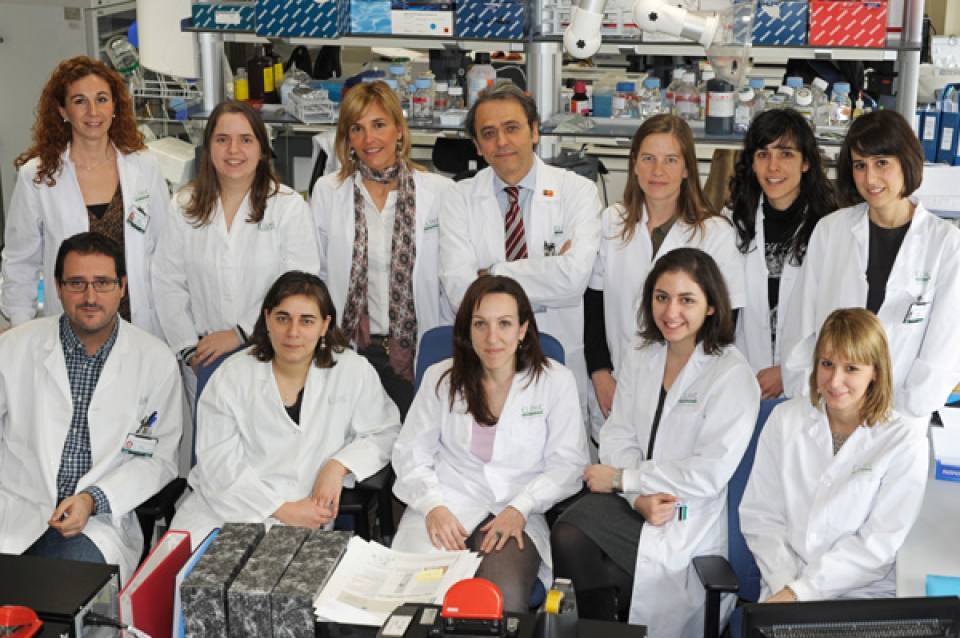Hepatocellular carcinoma (HCC) is the most common liver cancer in adults, with 750,000 new cases diagnosed per year, and the third leading cause of cancer death worldwide. Currently they are diagnosed each year about 4,000 cases in Spain and 800 in Catalonia. . Despite improvements in the early diagnosis techniques, surgery and ablative and pharmacological treatments, this cancer has still a very high mortality one year after diagnosis. That is the reason why it is so important to deepen the understanding of the genetic basis and mechanisms that occur in this type of tumor to develop new drugs and treatment strategies and improve the prognosis of patients.
Dr. Josep M. Llovet, ICREA professor at IDIBAPS and the University of Barcelona and director of the Liver Cancer Program at Ichan School of Medicine at Mount Sinai (New York), led the HEPTROMIC project, the first European research project focused specifically on HCC genomics. The results have been published in several studies identifying the importance of methylome prognosis for HCC (Hepatology) and the relationships between environmental factors and patterns of mutations in HCC (Nature Genetics). In this work, published last March, the researchers provided a map of genes and pathways altered in different clinical stages of the disease. "We showed the importance of including genetic parameters besides clinical, to find out which patients may benefit from a particular treatment in future clinical trials”, explains Dr. Llovet.
The new HEP-CAR project goes a step further and aims to define the molecular mechanisms of each of the diseases that predispose to the development of HCC. New biomarkers to improve patient stratification and early diagnosis will be identified in order to establish new therapeutic strategies to optimize the prevention and management of this type of cancer. Studies in animal models will be performed to decipher the signaling pathways that play a key role in tumor development and on the associated diseases, or comorbidities, to validate new therapeutic targets and promote studies on new drugs. This project, that will last 4 years and will start before January 2016, is the most important in terms of budget awarded by the European Commission for the study of liver cancer.
References:
DNA methylation-based prognosis and epidrivers in hepatocellular carcinoma.
Villanueva A, Portela A, Sayols S, Battiston C, Hoshida Y, Méndez-González J, Imbeaud S, Letouzé E, Hernandez-Gea V, Cornella H, Pinyol R, Solé M, Fuster J, Zucman-Rossi J, Mazzaferro V, Esteller M, Llovet JM; HEPTROMIC Consortium.
Hepatology. 2015 Jun;61(6):1945-56. doi: 10.1002/hep.27732. Epub 2015 Mar 18.
Schulze K, Imbeaud S, Letouzé E, Alexandrov LB, Calderaro J, Rebouissou S, Couchy G, Meiller C, Shinde J, Soysouvanh F, Calatayud AL, Pinyol R, Pelletier L, Balabaud C, Laurent A, Blanc JF, Mazzaferro V, Calvo F, Villanueva A, Nault JC, Bioulac-Sage P, Stratton MR, Llovet JM, Zucman-Rossi J.
Nat Genet. 2015 May;47(5):505-11. doi: 10.1038/ng.3252. Epub 2015 Mar 30.

